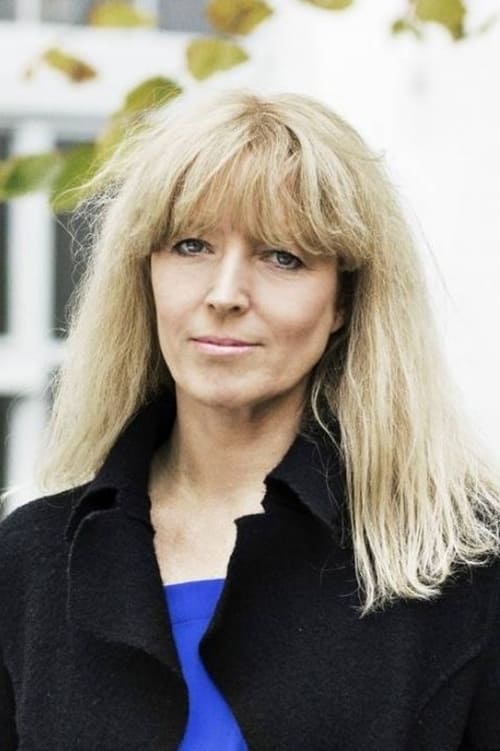Hanna Polak
Nacimiento : 1967-07-21, Katowice, Śląskie, Poland
Historia
Hanna Polak (born 1967) is a Polish documentary director, cinematographer and producer. For her short documentary film, "The Children of Leningradsky", about a community of homeless children living in the Leningradsky railway station in Moscow, she was nominated for an Academy Award and an Emmy Award. In 2003, she was awarded Best Producer of Documentary Movies at the Kraków Film Festival for Railway Station Ballad.
In 2004, Polak completed her documentary film, "The Children of Leningradsky", which was nominated for an Academy Award for Best Documentary (Short Subject). In 2014, Polak has completed her documentary film "Something Better To Come", which received the International Documentary Film Festival Amsterdam (IDFA) Special Jury Award, and won main prizes at several film festivals. Polak’s works as a producer, director, and cinematographer have appeared on major television networks worldwide including American HBO, ABC (American Broadcasting Company), Canal+, France 2, Fuji Television, ITN, TVP (Telewizja Polska), TVN (Poland), Belgian Radio and TV, and many other TV stations. Her films have been screened in hundreds film festivals around the world, including Sundance Film Festival, International Documentary Film Festival Amsterdam (IDFA), Hot Springs Documentary Film Festival, True/False Film Festival, and FIPA (Festival International de Programmes Audiovisuels).
In 2006, Polak’s photography works won her third prize in the UNICEF International Photography Competition Photo of the Year. For her cinematography work for Stone Silence, shot in Afghanistan, she was awarded with the Artistic Mastery of Photographing award from the Kiev Film Festival. For her cinematography work for Something Better to Come, she was awarded with the Best Cinematography award from Gdańsk DocFilm Festival and with Canon Non Fiction Frame Special Mention from Docs Against Gravity film festival.
Polak has collaborated with different aid agencies to help unprivileged children. For her charitable efforts, Polak was awarded the prestigious Golden Heart Award, the “Award for serving the uppermost ideals of mankind” by NTV (Russia), and the Crystal Mirror award by the Mirror magazine in Poland, an award that recognizes “people of dialogue, those who unite, not divide.”
She has lectured on documentary filmmaking at many universities worldwide, including UNC Gillings School of Global Public Health, North Carolina, Chapel Hill; University of Guadalajara, Mexico; North Texas University; Monterey Institute of International Studies, California; Middlebury College, Vermont; University of Hawaii, Honolulu, and many others.
Polak was a jury member at the Kraków Film Festival and the Document International Human Rights Documentary Film Festival in Glasgow, Scotland; she was a tutor for the EsoDoc workshop; and she was an expert for the Ministry of Culture and National Heritage (Poland), evaluating documentary projects for the Polish Film Institute.


